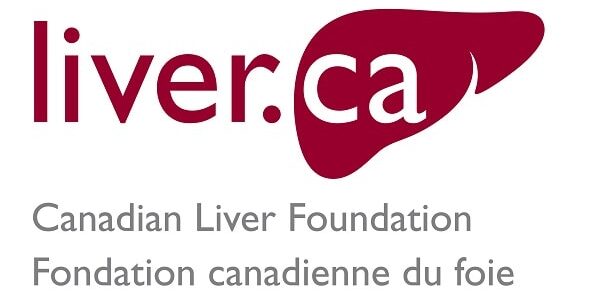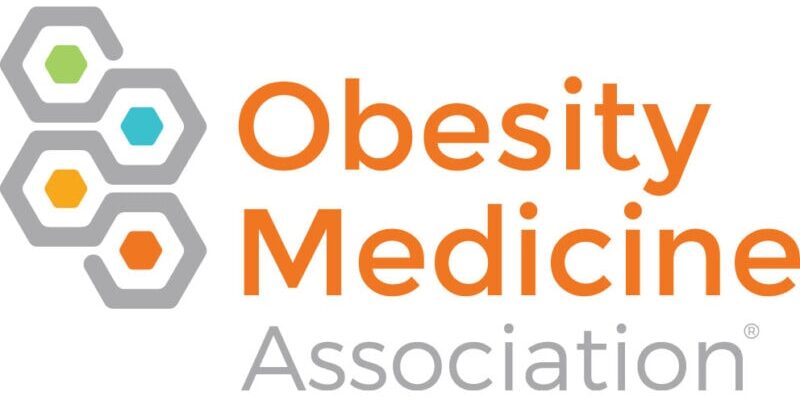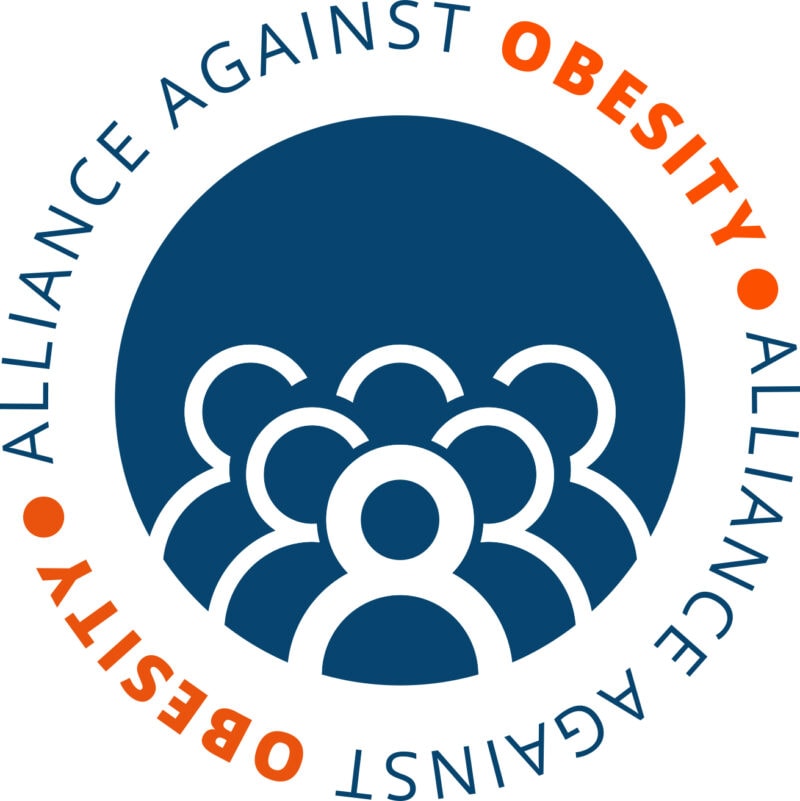To request permission to use materials from the Clinical Practice Guideline for commercial purposes, please complete this form, and our team will follow up.
Statement from Obesity Canada: We do not endorse weight loss products, supplements, or programs. Read more
-
-
Land Acknowledgement
Obesity Canada respectfully acknowledges that our work takes place on the traditional, ancestral, and unceded territories of Indigenous Peoples across Turtle Island, which includes the lands now known as Canada. Our national office is located on Treaty 6 territory, the traditional lands of the Cree, Dene, Blackfoot, Saulteaux, and Nakota Sioux, and the homeland of the Métis.
We recognize the enduring presence, cultures, and contributions of First Nations, Métis, and Inuit communities and acknowledge the ongoing impacts of colonialism, including systemic barriers to health equity. As we work to improve the lives of people living with obesity, we commit to listening, learning, and taking meaningful action to advance reconciliation, health justice, and culturally safe care for all.




















